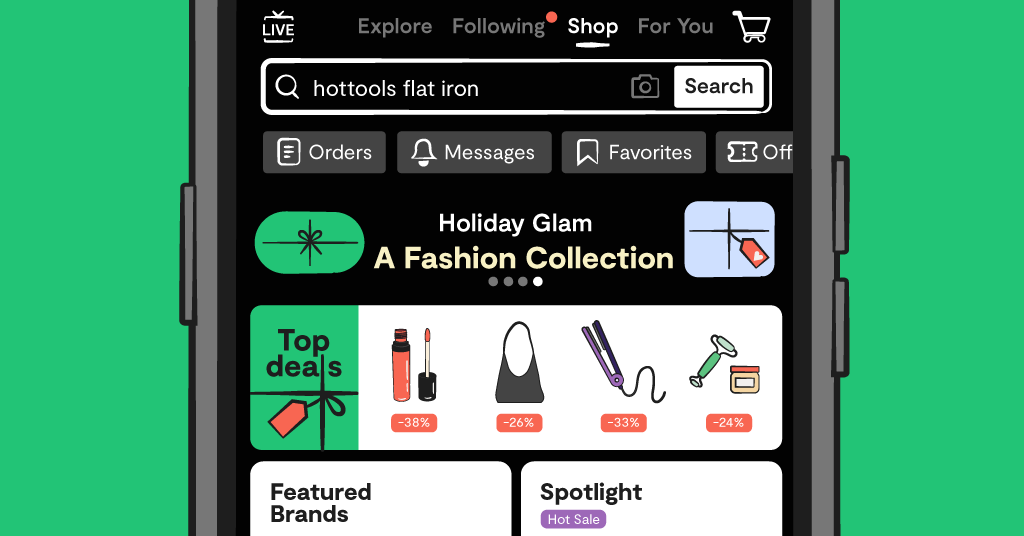
**This post was updated on December 5, 2023.**
There’s one app that can strike fear into the hearts of many parents: Snapchat. Unsurprisingly, the app has been a kid-favorite since it debuted in 2011 because of its edgy reputation, disappearing messages, and interactive AR filters. Today, more than 75% of Gen Z are on the platform, and its popularity shows no sign of slowing down. Snapchat sexting is also incredibly common and presents a whole host of potential dangers to kids. In this post, we’ll explain everything parents need to know about it — and what they can do to help protect their kids.
Why Snapchat Concerns Parents
There’s a common saying for this generation that “sexting is the new first base.” This means that sexting — the act of sending nudes or explicit messages — has become something that happens quickly, easily, and without much forethought. Because it’s become expected, kids can be pressured to provide photos they wouldn’t normally send. Regardless of whether a kid ever actually wants to send nudes, they’re going to be judged or compared for their decision. This is incredibly stressful (and unfair).
For parents, the main fear is that kids will send images that could harm them for years to come. There’s also the worry that kids could be exposed to inappropriate content beyond their maturity level, or even be contacted by online predators.
Snapchat Sexting Has Never Been Safe
Since its beginning, Snapchat has been known as the go-to sexting app because of its disappearing messages, which vanish in a few quick seconds after you open them. However, there have always been ways for users to get around this restriction. If you’re quick, you can take screenshots. Even though an alert is sent to the sender when this happens, it doesn’t stop you from doing it.
Another way to capture a “disappearing message” is to take a photo from another phone or tablet — and this way it won’t send a screenshot alert. Both of these hacks enable you to keep the image, and share, spread, or send to as many people as you like. Today, that means it can reach thousands of people in just a few seconds.
Signs Your Teen Might Be Snapchat Sexting
Most parents think “not my kid” when it comes to the idea of them ever sexting. However, according to our data from 2022, 62.4% of tweens and 82.2% of teens have encountered nudity or content of a sexual nature while online. If you’re worried that your child might be engaged in Snapchat sexting, pay attention to these warning signs, especially if they:
- Become super protective of their phone.
- Use their phone so that no one can ever see what they’re doing.
- Become angry or defensive when they are questioned about their secrecy.
- Start performing poorly at school or fail to keep up with their household responsibilities.
- Withdraw from friends and spend much of their time on their smartphone or with a certain person.
How to Talk to Your Kid About Snapchat Sexting
Whether you’ve learned that your child is sexting on Snapchat or you just want to be ready in case it happens, you can guess it’s a pretty complicated issue to deal with. We have an in-depth blog post about what to do if your child is sending nudes that can help you out with some conversation starters. Here are a few other things you can do to help your child learn about the dangers of Snapchat sexting:
- Talk about how nothing online is ever truly private — including Snapchat photos.
- Bring up the fact that sexting could get them in legal trouble.
- Acknowledge the pressures they’re facing instead of ignoring them.
Before you get into the dangers, though, it may be helpful to start a discussion about age-appropriate sexual curiosity. Your child may be experimenting with sexting because of peer pressure, but it could also stem from an adolescent interest in sex. You may find it helpful to discuss your family’s values on sexual content so your child knows where you stand on the subject.
For parents with teens and tweens, Snapchat sexting can be a stressful situation to get a handle on. Not only for the very real dangers it presents but also because it can mean your kids are starting to express themselves in ways they haven’t before. They may also be trying to mimic grown-up behavior. As always, we recommend ongoing conversations about online safety even as your kids approach adulthood — no matter how hard or awkward the talks get. We promise it’s worth it.
Test Your Snapchat Knowledge
Do you know what parental controls Snapchat offers — and what they don't? Take our quiz to find out!
Read more
Bark helps families manage and protect their children’s digital lives.





